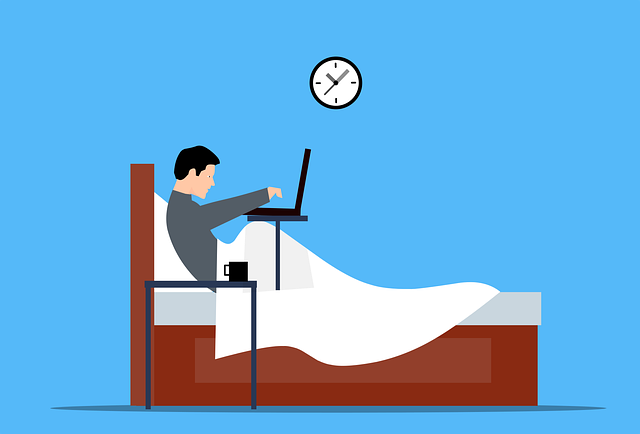Nocturia and Insomnia in Patients with Cystitis, What To Do?
Date:2024-09-10 click:0
For patients suffering from cystitis, the discomfort of frequent urination, particularly at night, can worsen symptoms, leading to nocturia (excessive urination during the night) and insomnia. While some individuals may exacerbate nocturia by drinking too much water before bed, others experience frequent nighttime urination despite limiting their fluid intake. This condition significantly impacts sleep quality and may result in insomnia.

As the human body's bladder mainly stores urine, when patients suffer from bladder diseases such as cystitis, the bladder's ability to hold urine will decline, resulting in frequent urination at night. How to judge whether a person suffers from cystitis that causes nocturia and insomnia? That requires understanding what exactly the symptoms of cystitis are.
1. Cystitis refers to the long-term symptoms of frequent and urgent urination. There are few or moderate amounts of white blood cells and red blood cells in the urine. Most of these patients had a history of acute cystitis with stones, urinary tract malformations, or other obstructive factors rather than just cystitis.
2. There are two kinds of cystitis: chronic cystitis and acute cystitis. The symptoms of chronic cystitis are similar to acute cystitis. Patients will have discomfort or dull pain in the waist, abdomen, bladder, perineum, and sometimes neurasthenias such as dizziness and vertigo.
To get rid of the troubles of nocturia and insomnia, patients should receive timely treatment when they find out that they have cystitis. The treatment of cystitis can choose drug therapy and general therapy.
For patients with cystitis, drug therapy is their first option. If patients develop the disease for the first time, the doctor will give patients antibiotics such as compound trimoxazole, nitrofurazone, amoxicillin, etc. Most infections can be cured after three to seven days of medication. If cystitis recurs, the doctor will first ask the patient to do a urine bacterial culture and use antibiotics according to drug sensitivity.
For elderly patients, most doctors will choose some drugs that have higher drug concentrations in kidney tissue and urine and are less toxic to the kidneys. That is how to control the inflammation. If the disease is recurrent, the doctor will use some antibacterial therapy, which can finally cure the disease.
If the patient's disease recurs, the doctor should check the patient's immune function. If the patient's immune function is low, the doctor will give the patient some immune-enhancing drugs. Patients can also use natural remedies and pay more attention to exercise to better improve their immunity.
In addition to chemical medicine, herbal medicine is also an excellent choice for treating cystitis. Patients can take Diuretic and Anti-inflammatory Pill. The medicine has been granted as a Chinese patent and effectively treats various male and female genitourinary diseases, including cystitis. It helps patients eradicate disease and create healthy lives.
There are also general treatments for cystitis.
For people with bacterial cystitis:
1. Change underwear frequently and wash it often. Pay attention to perineal cleanliness and sexual intercourse hygiene.
2. Women need to pay attention to menstrual hygiene. Women with a history of recurrent cystitis can take antibiotics for prevention during menstruation.
3. Drinking plenty of water is the essence when treating cystitis.
For nonbacterial cystitis patients:
1. If it is chemical cystitis caused by soap, shower gel, etc., it is best to avoid using these products.
2. If it is cystitis caused by radiotherapy or chemotherapy, it is generally recommended to use painkillers and take appropriate measures to empty the bladder with the best effort.
Conclusion
Cystitis can lead to bothersome symptoms like nocturia and insomnia, but with proper treatment, these issues can be managed effectively. Whether through antibiotics, natural remedies, or general hygiene practices, patients can find relief from their symptoms and improve their quality of life. Early diagnosis and treatment are essential to prevent long-term complications and ensure restful sleep.
Recommended Readings:



